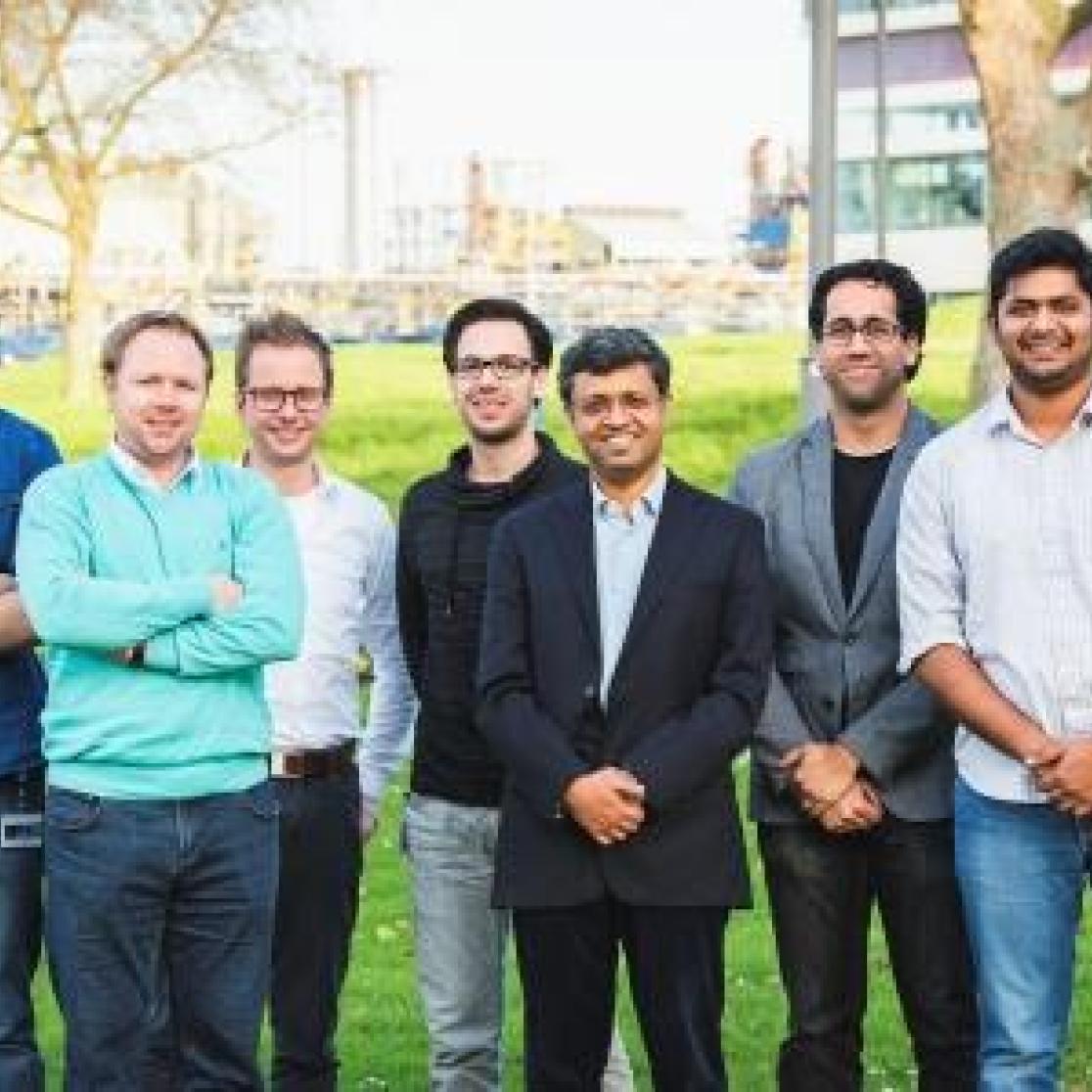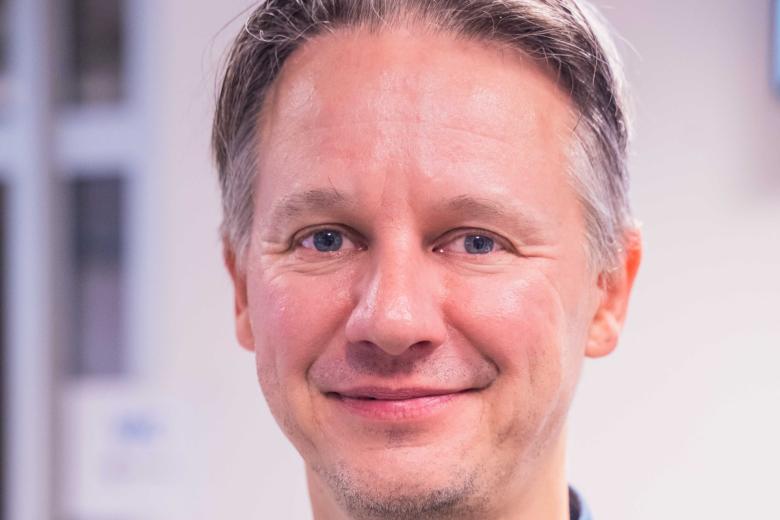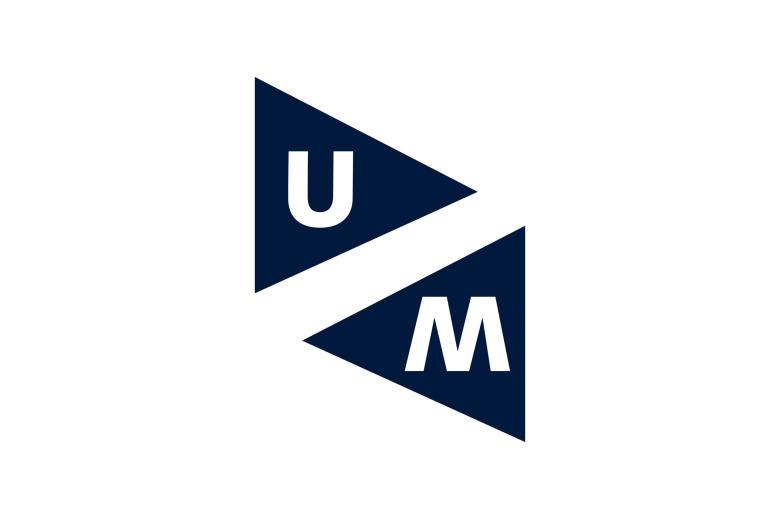NWO subsidy for collaboration between SABIC and Maastricht University
NWO has announced that in the context of the ‘Fonds Nieuwe Chemische Innovaties’ (NCI), they have granted a subsidy for the collaboration between Maastricht University and SABIC for the research on polymer membranes on the basis of renewable copolymers. The subsidy is meant for public-private collaborations between a company and a university to tackle research questions set by the business world.
This is the first NWO subsidy for the Biobased Materials research group of Maastricht University, situated on the Brightlands Chemelot Campus in Geleen. The project will be headed by Maastricht University’s Dr. Katrien Bernaerts, university docent and specialist in polymer chemistry for bio based materials. For SABIC, Rob Duchateau, chief scientist, is responsible for the polymerization catalysis and the development of new polymers.

In this project, the researchers from UM and SABIC will produce polymer membranes, that can be applied in, for example, water purification. To do this they will need to develop new block and graft copolymers that arrange themselves on a nanoscale. By selectively degrading / removing one of the components, pores appear in the membranes. The polymer that is removed, bio based (not fossil) and can be reused, which makes this research very ‘green’. During the research, knowledge will be gathered to steer the characteristics of the porous membranes.
About the Department of Biobased Materials
Maastricht University’s Department of Biobased Materials is located at the world leading innovation location Brightlands Chemelot Campus.
The department has two main pillars; education and research. The education pillar represents the Biobased Materials master programme, which is now in its second year and is rapidly becoming one of the best programmes in its field. The research pillar represents an international group of scientists that participate in projects within the institutes AMIBM (Aachen-Maastricht Institute for Biobased Materials) and Chemelot InSciTe (Institute for Science and Technology).
The multidisciplinary team has accumulated scientists with expertise in organic chemistry, biocatalysis, leaders in the field of new biobased blocks, polymer chemistry, polymer physics, polymer engineering, material science, tissue engineering, sustainability evaluations, and biobased & biomedical materials applications.
Also read
-
Inaugural lecture Jan Willem van Prooijen
What drives people to embrace radical conspiracy theories, sometimes with far-reaching consequences for society? During his inaugural lecture on Friday 27 June, Prof. Dr. Jan Willem van Prooijen (radicalisation, extremism, and conspiracy thinking) will address this urgent question.

-
Update 25 June
Last night a UM building at the Bouillonstraat was daubed with paint and slogans. A sad expression of vandalism. UM has filed a report.

-
A night in Tehran: rose water, saffron and pistachio
Niloofar Tahmasebi Birgani, assistant professor at the MERLN research institute, was born in southern Iran. It was only when she moved to the Netherlands in 2010 for her PhD research that she began cooking for herself. Instead of recipes, she uses intuition and memory to bring her mother’s and...
